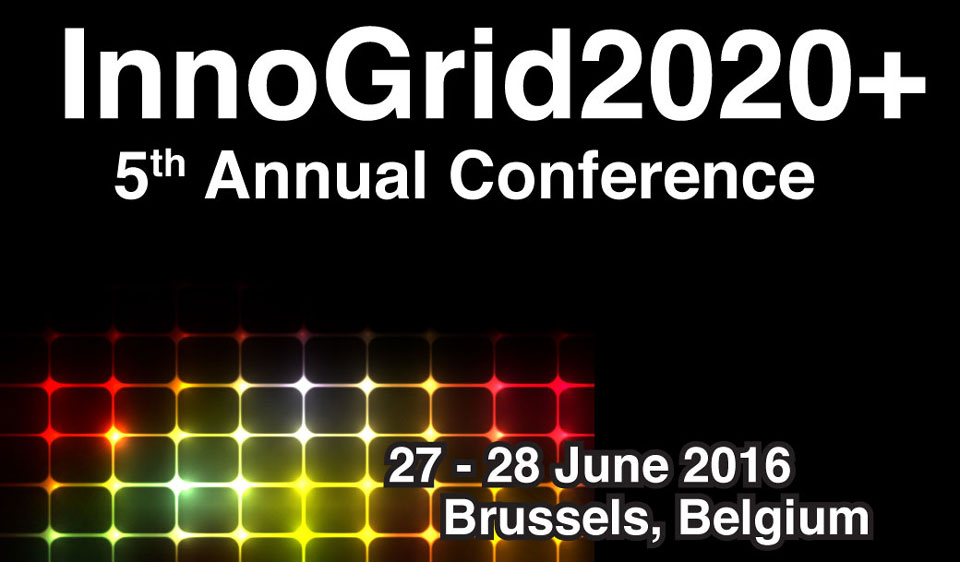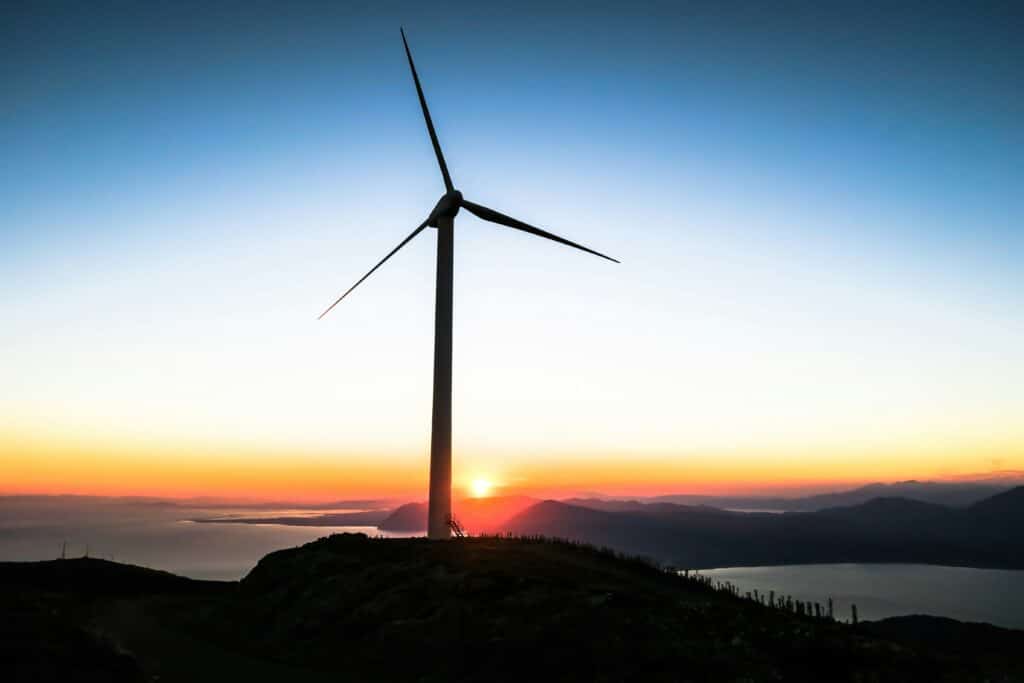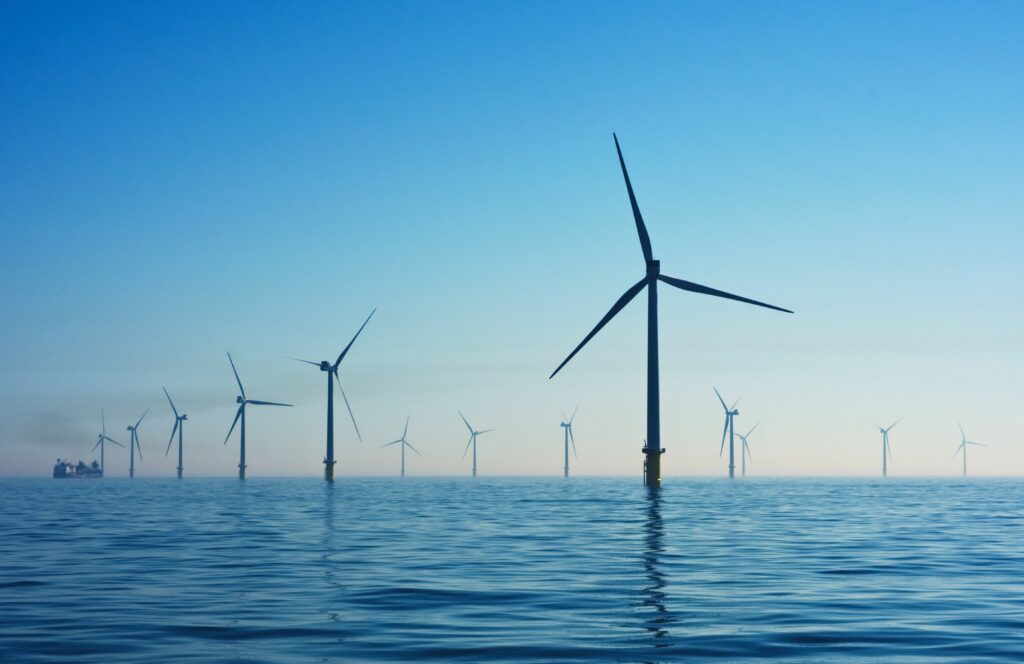Michael Zigo, MSc in Business Information Management at Erasmus University (the Netherlands), has been named as the winner of the call for papers: ‘What do digital energy and digital consumers mean to you?’, launched for the first time by ENTSO-E, EDSO and the Florence School of Regulation in the context of the 5th InnoGrid2020+ Conference.
Here is a brief excerpt from our conversation with Michael:
Q1: What are you studying at present?
An MSc. in Business Information Management, at Rotterdam School of Management, Erasmus University
Q2: Can you summarise the main argument of your short paper on digital energy?
An energy sector, more specifically the electricity segment, is expected to undergo a transformation fuelled from both sides: private and public sector. The public sector creates a push on the segment towards implementation of clean solutions with minimal greenhouse gas (GHG) emissions. Meanwhile, the private sector steers the electricity segment towards the applications of innovations in digital information technologies. A power storage solution not only unlocks a higher utilisation potential of “clean” energy, generated mostly from fluctuating sources, such as solar and wind, but also provides an opportunity for active demand side management when advanced analytics and real time information are displayed to a digital consumer. As a result, an adoption of an energy power storage solutions is induced by both sides and can dramatically shape the future of digital energy.
Q3: Why did you choose to respond to the call for papers for the Innogrid2020+ conference?
The aim of my master thesis directly relates to the content of the Innogrid2020+ conference. The speakers at the conference are frontrunners in the energy transformation industry in Europe, and I would like to learn and hear their opinions on energy transformation. In addition, first-hand knowledge can improve the quality and the applicability of my research.
Q4: What are your plans for the future?
After my graduation I would like to apply my knowledge of information management and innovations in energy to specialise further by finding a work placement in energy management or the clean tech field. In addition, I would like to contribute to the transformation of the energy sector and help with the implementation of new technologies to the business and consumer sectors.
Q5: If you were an energy minister, what would be the first measure you would take coming into office?
I would establish, is a roadmap towards a central harmonised net metering standard that is coupled with a time of use/produce pricing in the connected grids of Europe. When a fair and sustainable net metering standard is established, both consumers and businesses would be encouraged to self-generate clean energy themselves and feed an extra surplus to a grid. As a potential consequence, subsidies for clean energy generation tools, such as PV panels, could be reduced, thanks to a higher “revenue” generating potential. On the other hand, there are risks that could impede the clean energy transformation, like if people use electricity generators that produce GHG emissions for feeding electricity to the grid. Furthermore, energy feed in caps might be considered to maintain a grid stability in a particular area. A dynamic time of use/produce pricing scheme, potentially varying per location, and smart grid implementation is an essential prerequisites for a successful net metering standard.






